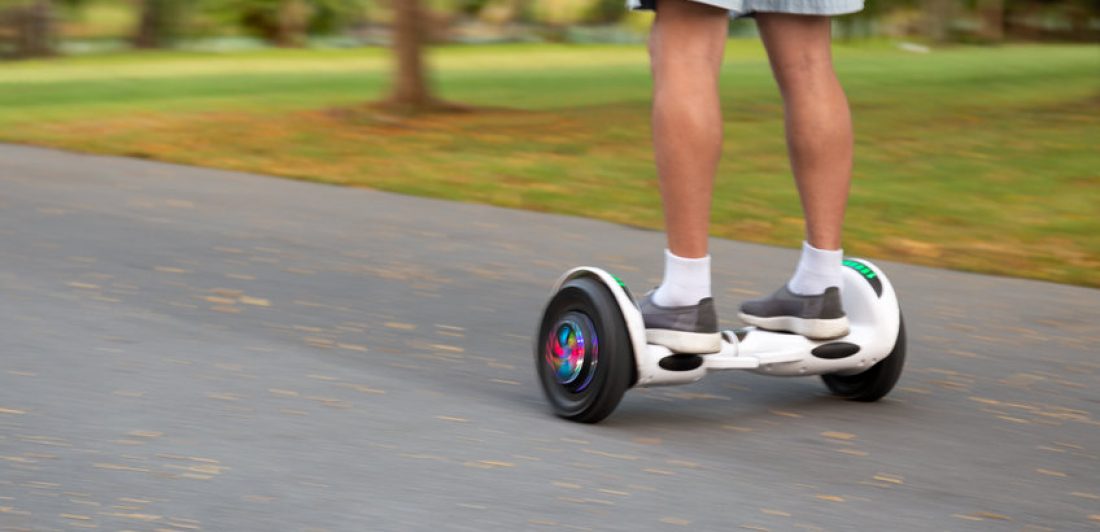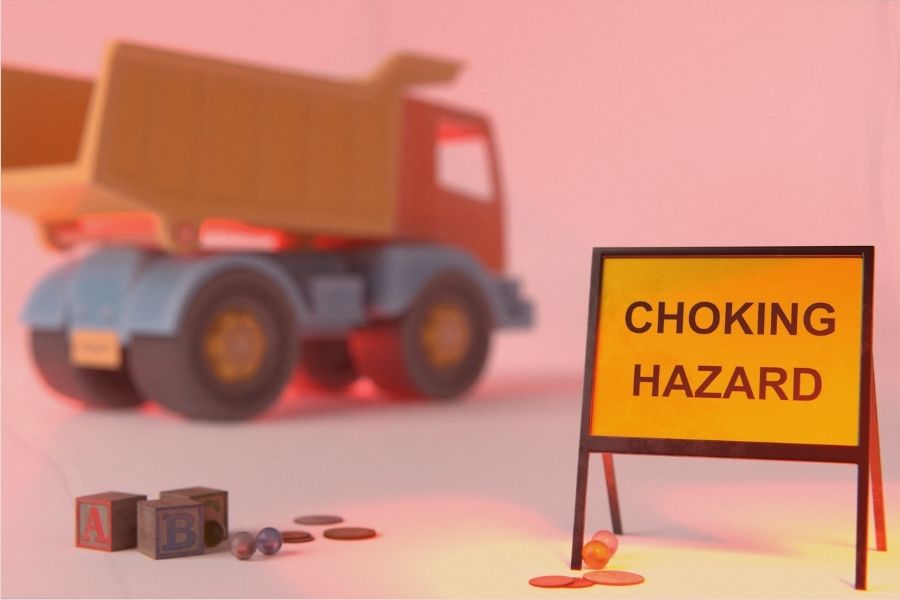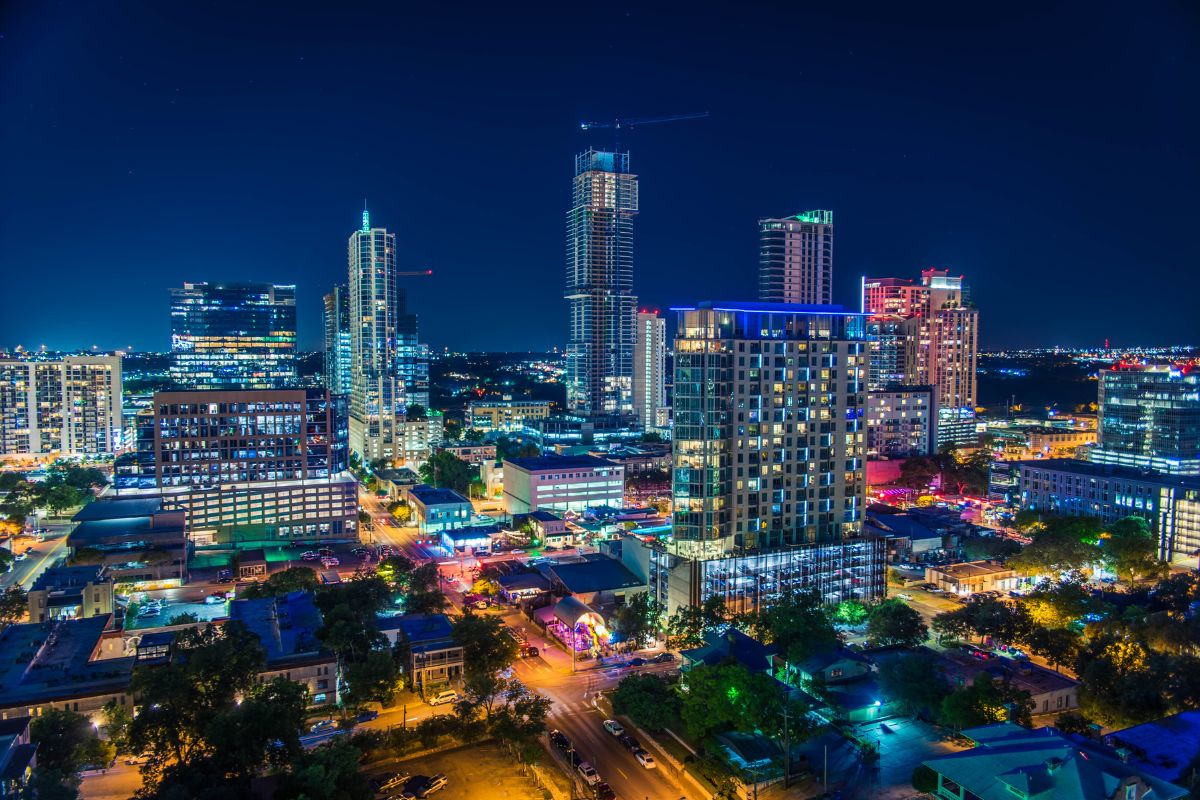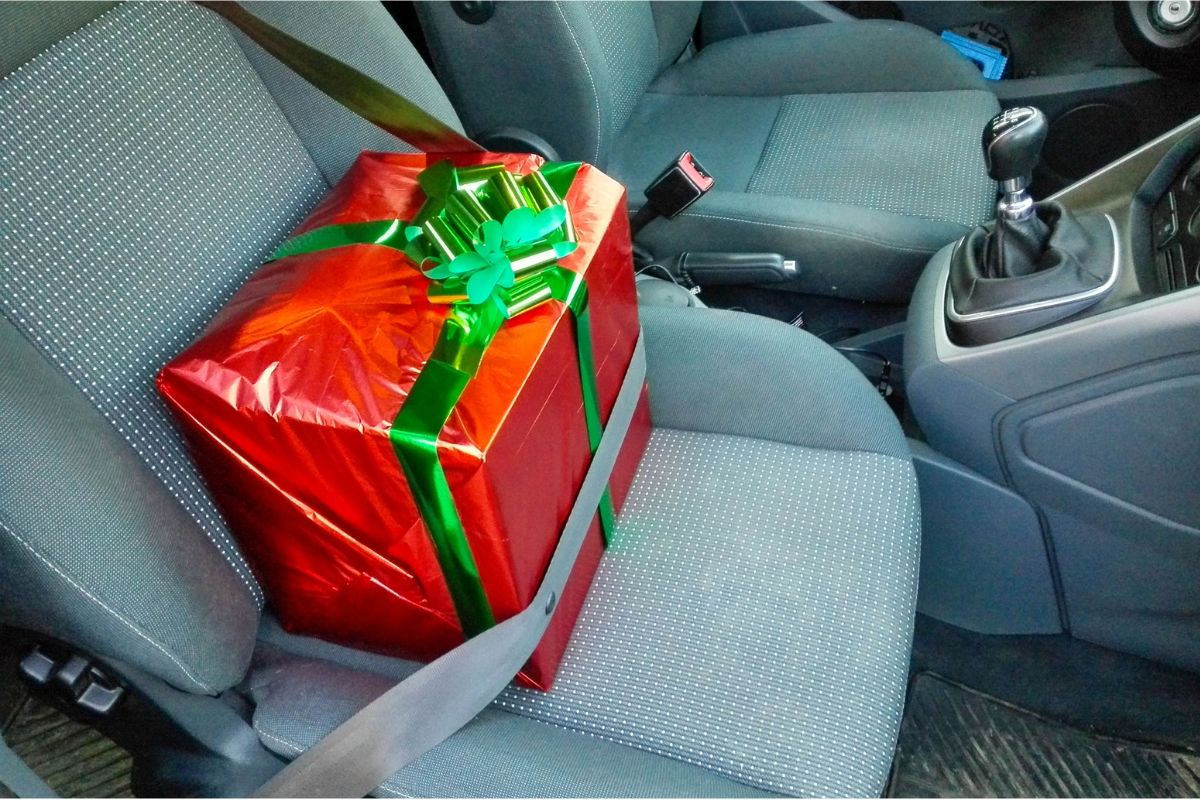The hefty fines of a DWI can affect every part of your life. While you may try to avoid getting a DWI by using an alternate form of transportation, Texas law is written in a way that can get you arrested for a DWI offense across several modes of transportation.
Under Texas DWI law, it may seem obvious that an officer has to see you physically driving a car to be arrested for DRIVING while intoxicated. However, that is not always the case. People in Texas have been arrested for DWI, even when an officer never witnessed them operating a vehicle. Officers may place an intoxicated person under arrest if they discover the person outside of their car after a crash and even if they find the alleged offender asleep in their vehicle.
How does Texas define driving?
Texas law states that to be convicted of DWI, it must be proven beyond a reasonable doubt that you are “operating a motor vehicle” in a public place while intoxicated (Texas Penal Code 49.04).
To determine if you were operating a motor vehicle, the office will examine the possibility that you intended to use a motor vehicle for its intended purpose. What the law means by operating a motor vehicle is not specifically defined in Texas law. It is determined on a case-by-case basis based on the circumstances of each situation. Several factors will be taken into consideration, such as:
- The location of the vehicle
- Your location within the vehicle
- The location of the keys
- Whether or not the vehicle is in drive
- If the vehicle is on
- If others are around
It is even possible to be arrested while sleeping in your vehicle in a parking lot.
The definition of what operating a motor vehicle means is broad and unspecific. If you are arrested for DWI, it is vital to hire a criminal defense attorney who is well versed in DWI law and is willing to delve into the specifics of your situation to help you through the charges.
What does Texas law consider a motor vehicle?
The other part of driving in a driving while intoxicated charge revolves around what is considered a motor vehicle. Contrary to what most people believe, you do not have to be in a car or on a motorcycle to be arrested for DWI. A motor vehicle is defined by the Texas Transportation Code as a device that can be used to transport a person or people that is self-propelled (Texas Transportation Code Sec. 541.201).
This essentially means that if it is capable of propelling you forward on a road, you can be arrested for operating it while intoxicated. Unexpected modes of transportation that can be considered a ‘motor vehicle’ for purposes of a DWI arrest include the following:
- Golf carts
- Electric scooters
- Hoverboard
- Riding lawn mowers
- Farm equipment
- ATVs
If you’ve been arrested for drunk driving, contact an experienced DWI lawyer. Our team of attorneys can help get charges reduced or dismissed altogether.
Are the DWI penalties for operating an unusual motor vehicle the same as penalties for a car?
Yes. While there are several factors that can influence the severity of your charges, penalties for DWIs typically remain consistent no matter the mode of transportation you use. Potential DWI penalties in Texas are as follows:
First Offense
- Fines up to $2,000
- 180 days maximum in jail, three days minimum
- Driver’s license suspension max one year
- In the three years following a conviction, an annual fee of up to $2,000
Second Offense
- Fines up to $4,000
- One year maximum, 30 days minimum in jail
- Driver’s license suspension up to 2 years
- Ignition Interlock Device (if convicted within five years of a prior conviction)
- In the three years following a conviction, an annual fee of up to $2,000
Third Offense
- Fines up to $10,000
- Ten years maximum, two years minimum in prison
- Driver’s license suspension up to 2 years
- Ignition Interlock Device (if convicted within five years of a prior conviction)
- In the three years following a conviction, an annual fee of up to $2,000
Texas drunk driving law does not allow for additional penalties for a fourth DWI offense. However, many fourth DWI convictions result in a state prison sentence without the possibility of probation.
Charged with a DWI? Contact an Experienced Criminal Lawyer
If you’ve been arrested for a DWI in Texas, The Carlson Law Firm has the defense strategies you need to fight a conviction and the penalties. A Texas DWI attorney from our firm can fight to show that you were not intoxicated or negotiate a plea deal for a reduced charge/sentence. To learn more about how The Carlson Law Firm could help you fight your charges, call today for a case evaluation that is confidential and absolutely free of charge. A DWI defense lawyer from our firm is available to speak 24/7.




